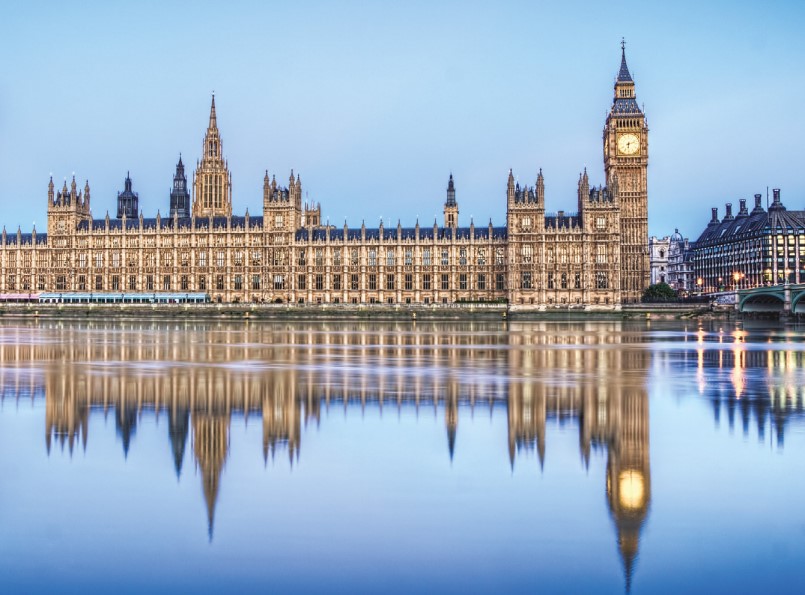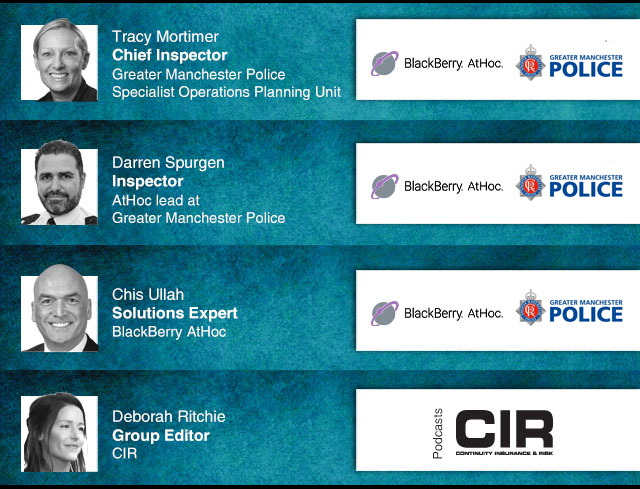A third of SMEs in the UK are 'extremely confident' in their ability to reach net zero, according to a study carried out by the UK National Standards Body, BSI. Its third annual Net Zero Barometer, published today, found that awareness of net zero targets has almost tripled to 82% in two years.
While many SMEs have already delivered on ‘quick wins’, such as reducing waste (44%) or switching to LED bulbs (38%), the research finds there is more to be done on strategic thinking. Some 52% of those questioned had a net zero policy, while 17% have yet to take key actions on becoming more sustainable.
The BSI's research emphasises the importance of verifying environmental claims, with 94% of consumers saying that proper verification was important to them. Two-thirds of these said verification mattered because it demonstrates organisations aren’t just greenwashing, while 32% said verifying against best practice standards can provide a benchmark by which they can compare one business with another.
Scott Steedman, director-general, standards at BSI said: “This year’s barometer gives me cause for optimism. With 82% of business leaders telling us that sustainability and achieving net zero is important to their business practice, we are seeing a growing commitment to decarbonising by 2050, along with confidence that it is meaningful to turn long term ambition into immediate action.
“At a time where the attention of many SME leaders is being diverted by economic pressures, they want help to navigate a path that is both credible and realistic. SMEs want to understand both where they are on this journey and what that transition means for them and their stakeholders. They can benefit from having a clear roadmap to how they’re going to achieve net zero, not only in their own operations, but also in their supply chains. Our research shows that with the right guidance – including the use of standards – SMEs are more than able to rise to this moment.”
“Small businesses contribute more than £2trn in turnover to the UK economy. The collective impact they can have if they pull together and collaborate to meet net zero goals and ultimately accelerate progress to a sustainable world is significant.”
The study was drawn from interviews, a survey of 1,000 senior decision makers at UK SMEs and an additional 1,000 UK consumers.
Printed Copy:
Would you also like to receive CIR Magazine in print?
Data Use:
We will also send you our free daily email newsletters and other relevant communications, which you can opt out of at any time. Thank you.










YOU MIGHT ALSO LIKE